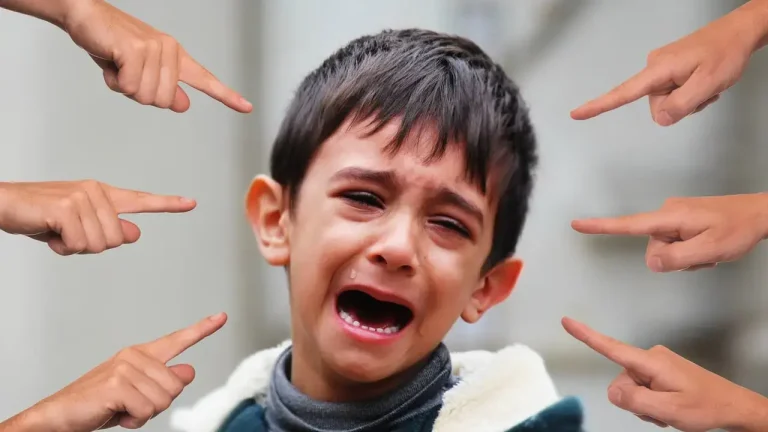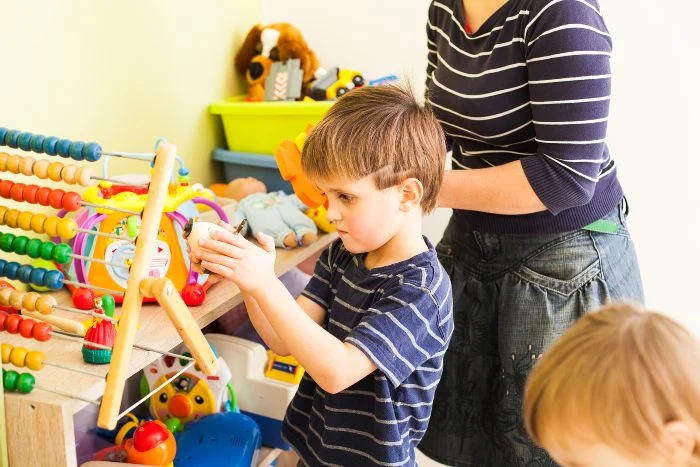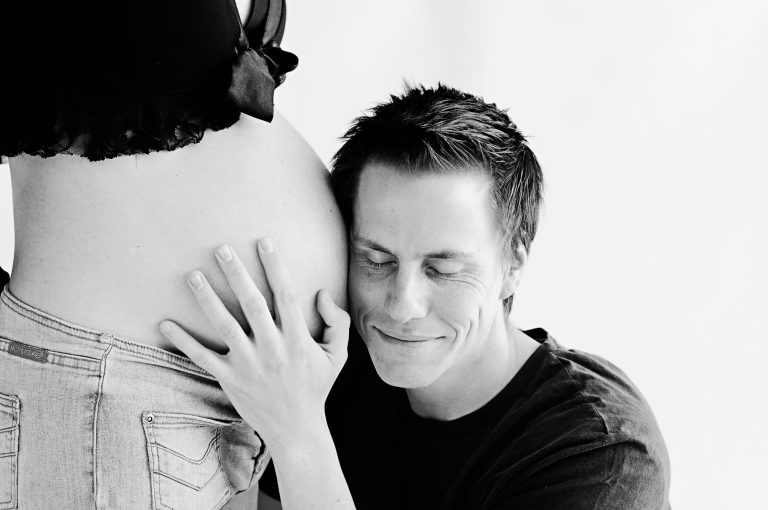How to Know if You’re a Toxic Parent
A toxic parent is understood to be a parent (both mother and father) who causes some type of suffering to their children, whether physical, mental or emotional through abuse, manipulation, ignoring the basic needs of children, among other negative behaviors that inflict some harm on minors such as emotional abandonment, not hugging their children, lack of communication, etc.
These toxic parental behaviors can last from childhood, through adolescence, and into adulthood. The consequences for the children of toxic parents have repercussions throughout their entire lives.
Those parents who do not take into consideration the feelings and emotions of their children are raising people with low self-esteem, insecure, people who do not feel worthy, submissive and will always be in constant search of approval from others, tying them physically and emotionally to someone, causing them to be emotionally unstable.
“ Toxic parents ” does not only refer to the mother or father, but to any person who acts as a caregiver such as grandparents, uncles, babysitters, etc. It is very important to know that the duty of parents does not only fall on the mere act of conceiving and giving birth, it is a lifelong responsibility to raise good people.
How to Know if a Parent is Toxic? 12 Characteristics to Find Out
1. Abusers both physically and verbally.
2. Intransigent parents.
3. Manipulative parents.
4. Parents who are very demanding with their children.
5. They tend to be authoritarian to the point of becoming tyrants.
6. They criticize everything related to their child, for example, their friends, their achievements, their way of dressing, etc.
7. They are jealous of anyone who makes their child happy.
8. They project their own dreams or fantasies onto their children; for example, if the father wanted to play soccer as a child, he forces his son to play even when the child does not want to.
9. Toxic parents are selfish and self-centered because they put their desires and needs before the desires of their children.
10. They find in their children those responsible and guilty of the parents’ frustrations and failures.
11. Toxic parents plan their children’s personal and professional lives to the maximum.
12. They turn out to be extremely protective parents, limiting their children’s decision-making capacity.
13. They control their children through money or guilt.
14. They do not value their child for the person he or she is, but for the achievements he or she has made. They also do not respect the children’s personal spaces, thoughts, opinions, or feelings.
15. A toxic parent makes their child an accomplice to their problems, secrets, or addictions.
16. Toxic parents can also be passive-aggressive, meaning they do not directly attack them physically or verbally, but they do use other forms such as sarcasm or hostile humor.
17. And, definitely, a parent is toxic when their children are afraid of them instead of respecting them.
What Consequences Can Children Have of Toxic Parents?
This world of repression, punishment and demands can lead to children growing up with self-esteem problems, in this case with low self-esteem.
This, in addition to many insecurities, can cause them to have a very strict inner voice; to be very hard on themselves, for example, to feel useless, incapable, worthless, probably what those toxic parents told them during childhood.
Parental abandonment of their children, not only the absence of parents, but also the fact that they do not have an emotional connection with their children, causes children to develop serious emotional problems.
For example, they get used to dealing with anger and pain, so they won’t be able to leave a toxic relationship because they’re already used to living with them.
Children who live or have lived with toxic parents are children who are afraid of rejection and failure, also due to their low self-esteem ; and feeling that if they are not good enough or are not the best at everything, they will not receive the love and attention they need, whether from their parents, their partners, or generally from their environment.






